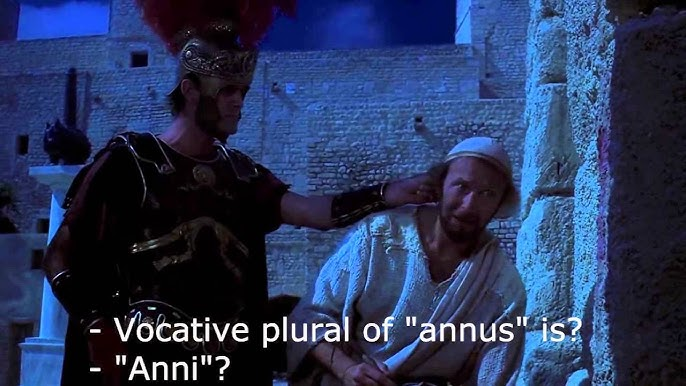(I did not make the map, the typo is not my doing.)
I found a reddit post why sodium and potassium have 2 names:
There was some argument over what to call the elements. They were discovered by Sir Humphrey Davy who called them “sodium” from the Latin “sodanum” for a compound of sodium used as a treatment for headaches, and “potassium” from English “potash” which was the method used to extract potassium salts.
But a German chemist, Ludwig Wilhelm Gilbert, proposed “natronium” from Neo-Latin as a reference to “natron” which is what the Egyptians called sodium carbonate, and “kalium” from the Neo-Latin of the Arabic “al qalyah” which means “ashes”.
So in English they were “sodium” and “potassium”, but in German they were “Natronium” (now simply “Natrium”) and “Kalium”.
It just so happened that the guy who invented the modern chemical symbols was Jöns Jacob Berzelius. He was Swiss and spoke German, so he derived the symbols from the German names.
That’s almost as much fun as Davy pointlessly waffling between alumium, aluminum, and aluminium till we once again ended up with people who speak the same language using different terms.
In German, we also have “Pottasche” as the trivial name of potassium carbonate
Note Asche = ash
And pot=pot, so potassium is ‘from the ashpot’ which was how kalium salts were extracted, by adding water to wood ash, then filtering and evaporating the water off.
Is that why potassium is K on the periodic table?
And now that I think about it, sodium is Na…
Damnit, our educational system has been telling us we are wrong the whole time! Sneaky bullshit!
Berzelius was an asshole. Antimony is Antimon* in most languages, even in German, but he chose Sb from Latin stibium
Found one more, with a similar double name, but there he used at least the German name: Tungsten (W) is Wolfram in German
There are also Sn (Stannous) for Tin, Pb (Plumbum) for Lead, Fe (Ferrum) for Iron, Hg (Hydrargyrum) for Mercury, Au (Aurum) for Gold and Ag (Argentum) for Silver.
Those are just the Latin names for already known elements. Not quite the same difference imo.
Jöns was swedish, not swiss.
Switzerland and Sweden aren’t the same country? Well God damnit, there goes my dream vacation of visiting the home of Ikea and chocolate.
Wait, now which one of them am I supposed to refer to as Swaziland?
Estonia over there with “Natrium, but longer”
Meanwhile, they don’t have time to say ‘sodium’ in Poland. They’re way too busy.
Kneel before sód
Funny thing is hungarian also does the same. Á is the long form of a(tho the sound of it does change for some absurd reason i dont know). Tho finnish doesnt do it which is sad because then all the finno-ugric languages in europe would say it naatrium.
Sodium, in Romania, can either be “sodiu” or “natriu”
But nobody actually calls it “natriu”, it’s just a thing you hear once in school to help you remember why the symbol is Na and then never use it again.
Can we get a map of tungsten (W) next time?
You mean Wolfram (T)?
Fun fact: Tungsten ist W/Volfram in Norwegian, Danish and Swedish where its English name, tung sten meaning “heavy stone”, originates from.
Just to clarify, Swedish for “heavy stone” is literally “tung sten”.
I don’t know if it came around for non Scandinavians.
Well The Lithuanian one is wrong the person who made this couldn’t even copy from google translate. it is natris
There’s been wars waged for less.
why call it sodium if its (Na) anyway?
Why call it silver when it’s Ag anyway?
(we call it nátrium, but there’s more to it than the periodic table name)
Why call it gold when it’s Au anyway ?
argentum would be cool name for it though, but yeah
Argentum
Sodium sodium sodium sodium sodium sodium sodium sodium Batman!
I prefer “Atom 11”
Undecium or is it Ununium?
Funny how they write “name of sodium (Na)”. I mean the abbreviation is right there…
If any one is curious about japanese, it’s basically natrium ナトリウム (and potassium is kalium カリウム)
I hope Cyprus can at least agree on Cu.
If not, we call always say " c u later!"
… I’ll show myself out
I like the one that almost looks like “Natriguana”
Is that where the word nitre comes from?
That’s where the (Na) comes from. Anything starting with Nit comes from Nitrogen (N)
Natris, not natrio, get your cases correct.

It’s written in genitive, not in nominative.









